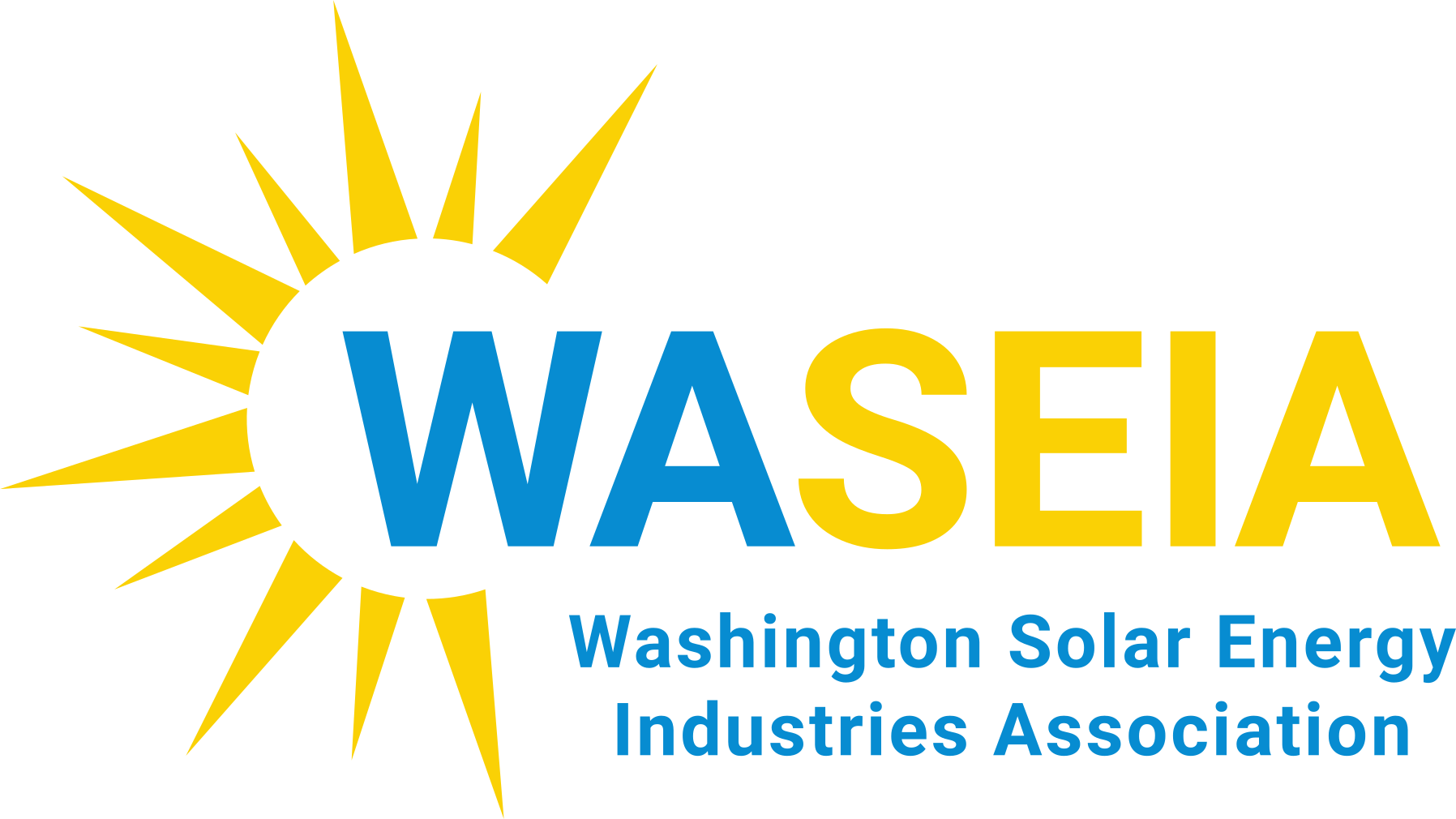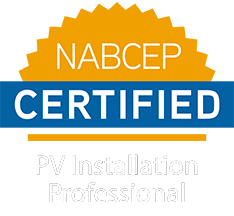Frequently Asked Solar Questions
Below are answers to the most common questions about going solar.
You save money on your electricity bills and protect yourself against rising electricity rates in the future when you install a solar energy system on your property. How much you can save depends on the Federal 30% Tax Credit, local solar incentives, and kWh needed for production. Regardless, going solar is a smart investment for almost any homeowner.
Like many other sources of renewable energy, solar power has direct environmental and health benefits. Solar energy does not emit any greenhouse gases. These gases contribute to climate change. Furthermore, the less gas and coal being burned, the less air pollutants like sulfur dioxide and particulate matter there is the less health problems we'll see.
The easiest way to find out how many kWh you use per month is to take a look at your utility electricity bill. A similarly easy process is to call your utility company and ask them to read off the past 12 months of usage data.
Net metering is a contract that you sign with your utility allowing you to trade your power with them at retail rates. You get credit on your bill for your excess power when your system produces more than you use. At night or when your system isn’t producing, you buy power from the utility at the same rate you sell it to them. This works well in Washington, because during the summer months most systems overproduce, and this power is then used in the winter. Think of it as a piggy bank for your energy needs. The fiscal year for net metering is from April to the end of March. If you still have kWh “in the bank” at the end of March, you forfeit the value. This is why you normally do not see systems designed to produce more than 100% of your annual consumption.
Studies have shown that homes with solar energy systems sell for more than homes without them. However, your property value will only increase if you own, rather than lease, your solar panel system. In most parts of the country, going solar will actually increase your property value more than a kitchen renovation. According to the Department of Energy's Lawrence-Livermore labs, "Home buyers consistently have been willing to pay more for homes with host-owned solar systems.
How does solar work for my home?
Photovoltaic (PV) solar panels absorb the sun's energy and convert it into direct current (DC) electricity. Most homes and businesses run on alternating current (AC) electricity, so the DC electricity is then passed through an inverter and converted into usable electricity.
Your solar panels will produce slightly less energy when the weather is cloudy, and no energy at night. However, because of high electricity costs and financial incentives, solar makes sense for even the cloudiest cities.
While accumulated snowfall can cover panels and temporarily halt production, your system is designed with your annual energy consumption in mind. We use the past 10 years of weather data gathered from local airports to design your system. You may actually see an increase in production after the snow clears from your system. Solar panels perform better on cold sunny days than hot ones, and in some cases snow cover might even help production by reflecting sunlight. Also, don’t worry about shoveling snow off your solar panels. Their dark surface will gather sun and actually help melt the snow, causing it to slide off the system’s glass surface. Raking off snow could harm the panels by scratching them or worse, harm you
You will still be connected to the grid even after you install solar panels. Net metering is dependent upon you being able to draw from the grid when your system is not producing all of the power that you need, and send power back to the grid when you produce more than you use. It is possible to go off the grid with a solar energy if you use a battery storage system. Sun Path does install battery storage systems.
Unless your home has battery storage and is fully off the grid, you will still receive a bill from your utility company. That being said, the goal is to match your system size to the amount of energy you use. If the system is planned correctly, then your only bill will be the administration fee.
Unless your solar energy system includes battery storage and you are fully off the grid, your system will shut off during a blackout. This is to prevent anyone from being injured by your panels sending power back to the grid.
Our Tier-1 monocrystalline panels are made of the most durable tempered glass and require little to no maintenance for the 25 to 40+ years that they will generate power.
What are financing options for solar?
Current Washington solar incentives are: Net Metering, No sales tax, 30% Federal Tax Credit.
Sun Path supports two solar financing options: you can purchase your system in cash or you can take out a solar loan provided by Puget Sound Cooperative Credit Union or your own lending provider.
If you are interested in maximizing the financial returns of your solar energy system, buying the system upfront is most likely the best decision for you. That being said, if you desire an easy, maintenance-free way to reduce your energy bills and help the environment, you should consider a solar loan.
Click here to learn more.Applying for a Puget Sound solar loan has never been easier and it is essential that you do it right. By following the walkthrough on the link below, you can complete you solar loan application and ensure your funds are properly delivered. Your solar consultant will provide you with a link to Puget Sound Cooperative Credit Union
How do I know if I'm ready for solar?
If you can afford to pay your electricity bill you can afford to go solar.
South-facing roofs with little to no shade and enough space to fit a solar panel system are ideal for installing solar. However, in many cases there are workarounds if your home doesn’t have the ideal solar roof.
The size of your solar energy system is dependent upon the number of kWh your system needs to produce to offset your current energy consumption. Your monthly energy consumption, as well as the weather conditions where you live, influence the system size you need. Sun Path Electric designs all of their systems to get your home to as close to 100% energy offset as possible while maximizing your ability to take advantage of solar incentives.
Solar energy systems can last for 25 to 40+ years, so if your roof needs maintenance in the near term, you should complete it before you finish your solar installation.
When you get your system through Sun Path Electric you own the system. This means that the system can either be sold with your house at a premium or we can take it down and move the system to your new home for a small fee.
How can I evaluate solar quotes?
We suggest clients go with a solar company who is a member of Solar Installers of Washington, a BBB member and has Nabcep qualified installers. We suggest you look at the cost per watt and warranties. Check reviews on Google and Solar Reviews.
Currently, Sun Path is using Silfab, Solaria and LG panels. We are happy to email you a spec sheet with your quote.
Power inverters convert the electricity your panels produce from direct current (DC) to alternating current (AC) power. Sun Path Electric uses the USA made Solar Edge inverter because it is the best inverter on the market. Our inverters allow for both on-site and remote monitoring of your system.
Sun Path Electric allows for both on-site and remote monitoring of your system to ensure you are appraised of your system's performance at all times, should you desire.
We provide a free energy walk through with roof inspection. We email a PDF with energy efficiency suggestions.



